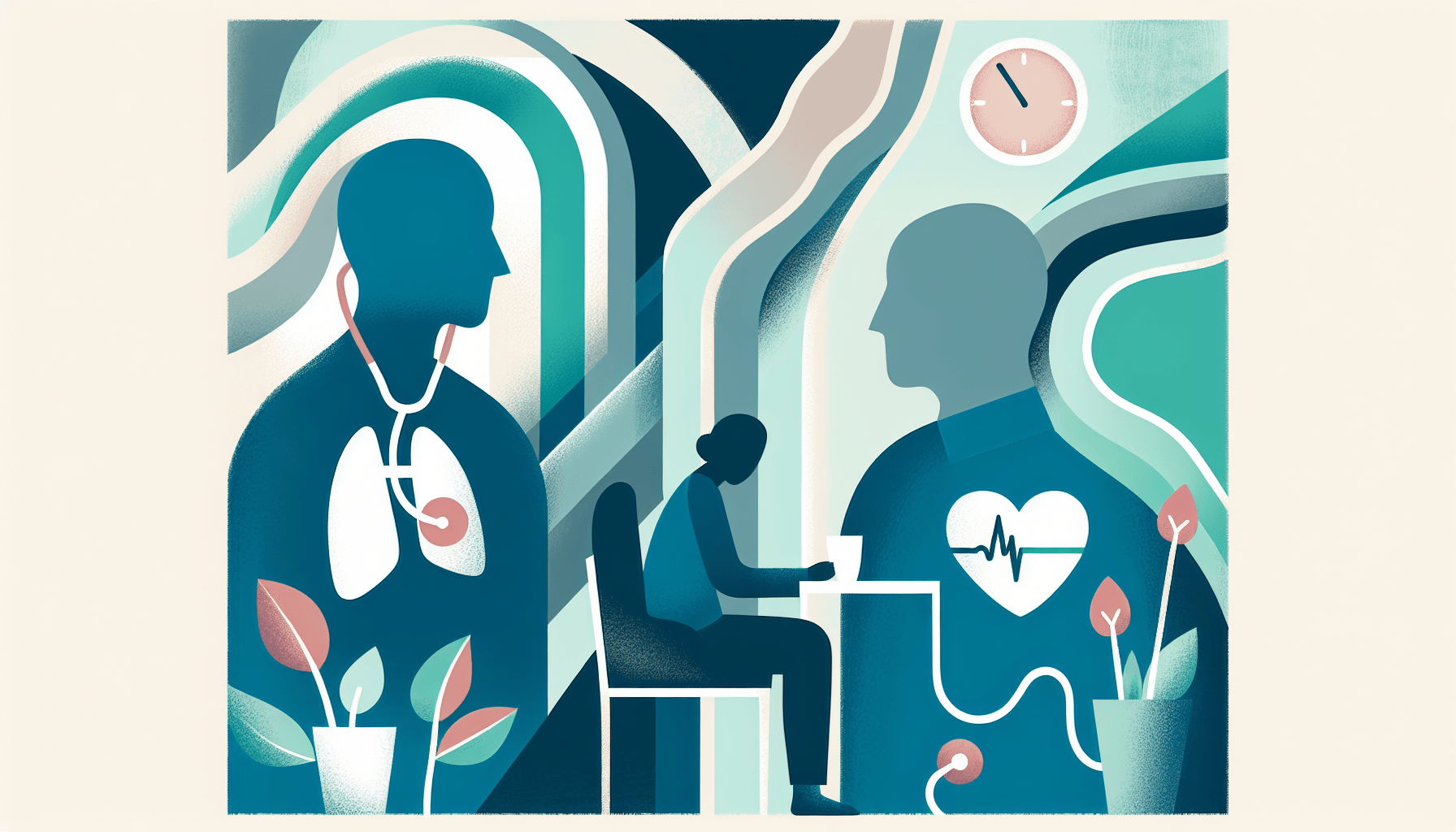Heart failure is a chronic condition that occurs when the heart struggles to pump enough blood to meet the body's needs. Thanks to medical advances, people with heart disease are living longer, but this has also led to an increase in the number of people living with heart failure. By 2030, it's estimated that nearly one in 12 people between the ages of 65 and 70 will have heart failure.
Symptoms of Heart Failure
Some common symptoms of heart failure include:
Shortness of breath
Fatigue
Swelling in the legs, ankles, and feet
Rapid or irregular heartbeat
Persistent coughing or wheezing
If you experience any of these symptoms, it's important to consult with your healthcare provider for proper diagnosis and treatment.
Treatment Options for Heart Failure
In 2022, leading cardiology organizations published guidelines for managing heart failure, which include an expanded range of medications that can help reduce the need for hospitalization and may also prolong life. Some of these medications include:
In addition to medications, lifestyle changes such as maintaining a healthy diet, exercising regularly, and managing stress can also help manage heart failure.
The Importance of Palliative Care
The latest guidelines also recommend palliative care for all people with heart failure. Palliative care is a specialized type of care that focuses on providing relief from the symptoms and stress of a serious illness, with the goal of improving quality of life for both the patient and their family.
Despite the benefits of palliative care, only a small percentage of people with heart failure currently receive this type of care. If you or a loved one has been diagnosed with heart failure, it's important to discuss palliative care options with your healthcare provider.
Additional Resources
For more information on heart failure and its management, check out these reputable sources:
By understanding the symptoms, treatment options, and importance of palliative care, people with heart failure can take steps to manage their condition and improve their quality of life.
The Bottom Line
Early recognition and comprehensive treatment combining specific medications with strict sodium limits can significantly improve outcomes and reduce hospitalizations. The key is starting evidence-based therapies promptly while incorporating palliative care support throughout the journey. If you're experiencing unexplained shortness of breath or swelling, Doctronic can help you understand these symptoms quickly.



